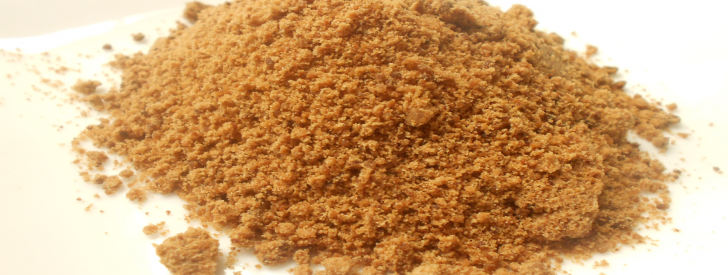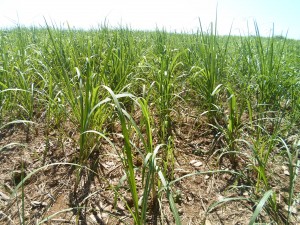
Muscovado Sugar Alternative to a Healthier Sweetener
A very good alternative for healthier sweetener nowadays is the muscovado sugar in its rawest form. Gone were the days when the lowly muscovado, if served side by side with central sugar and white sugar is less appreciated. But what really makes it tick?
Muscovado is the generic name for all amorphous brown sugar powder, conventionally cooked from sugarcane juice through open pan evaporation. Although the method of processing still produced unrefined and unpurified sugar, its demand continues to soar high.
Today, it has gained a prominent access in both local and international markets and considered one of the priority export products of the Philippine Export Development Plan.
Its history dates back during the Spanish times as a backyard and rural based industry. It started as a family enterprise and it entailed a low capital for its operation and maintenance. Cash is always available and no quedan requirements.
The process of producing muscovado sugar is simple and it requires special skills and a feel for cane and boiling process of which only the “maestro” can handle.
The industry survived until the centrifugal sugar occupied a niche in the local and international market. The production of raw sugar lowered the consumption of muscovado sugar, although its production continued and stayed as a small scale industry.
The procedure of production underwent transformation from traditional carabao to engine-driven cast iron 3-roller mills into conventional – semi-mechanical/upgraded operation.
Muscovado sugar is an unrefined sugar with strong molasses flavor taken from sugarcane juice. It doesn’t undergo purification and centrifugation thus it appears dark brown coarser and stickier.
Its uses vary. It is an important ingredient in native delicacies, beverage, jams, and root crop delights. Its is an essential ingredient in making chocolate and it caters to the growing demand for superior natural and organic health food, wellness and beauty industries and spas.
Nutritive Value of Muscovado as Compared to Raw and Refined Sugar
|
Muscovado |
B Sugar |
Refined |
|
| Calories |
250 |
340 |
379 |
| Fat(s) |
0.4 |
||
| Total Carbohydrates(g) |
92.8 |
96 |
99 |
| Calcium traces (mg) |
36 |
85 |
|
| Phosphorus (mg) |
54 |
19 |
|
| Sodium (mg) |
3.6 |
||
| Vitamins |
32 |
32 |
|
| Iron (mg) |
1.3 |
||
| Potassium (mg) |
100 |
||
| Magnesium (mg) |
23 |
||
| Total Mineral Salt (mg) |
740 |
Muscovado Industry Profile (National) Production Capacity
|
2010 |
2012 |
|
| No. of Mills |
500 |
217 |
| Cane Area Cropped (Has) |
3,000 |
1320 |
| Employment |
7,000 |
5332 |
| Annual Output (MT) |
12,000 |
18, 592 |
| Provinces |
16 |
Muscovado export demand is pegged at 2,761, 560 kg in 2013 with 17 exporting countries getting its share in the market.
Health concern consumers prefer muscovado over refined sugar naturally produced without chemicals, and an increase of 10 – 20% demand for organic products is seen in the future.

